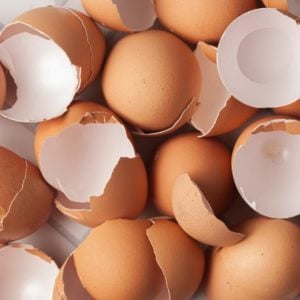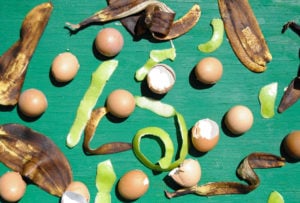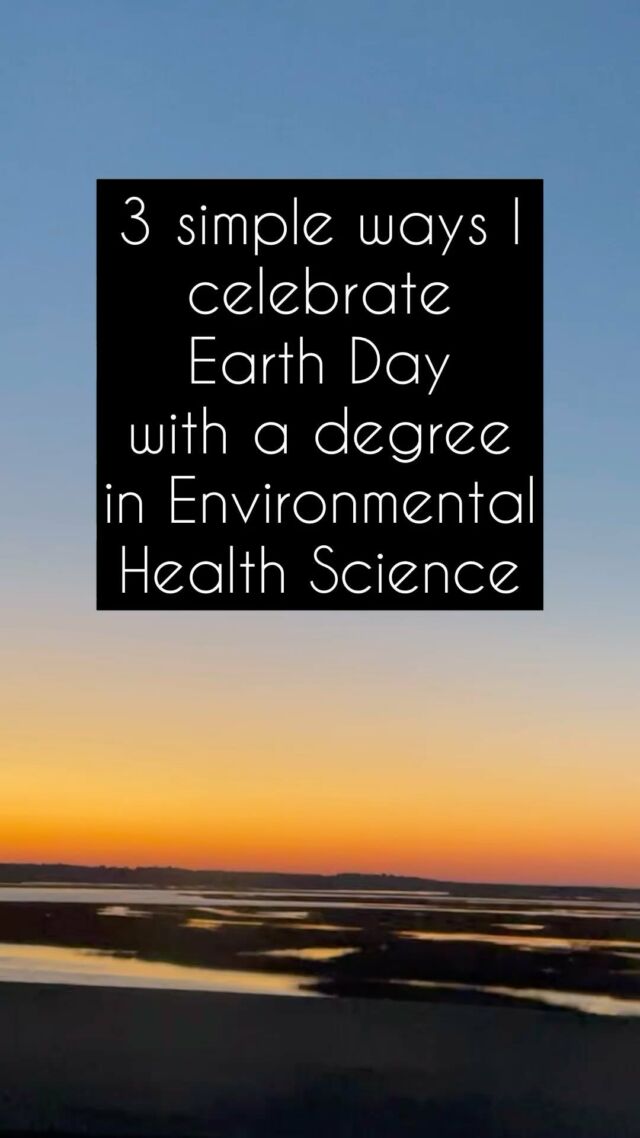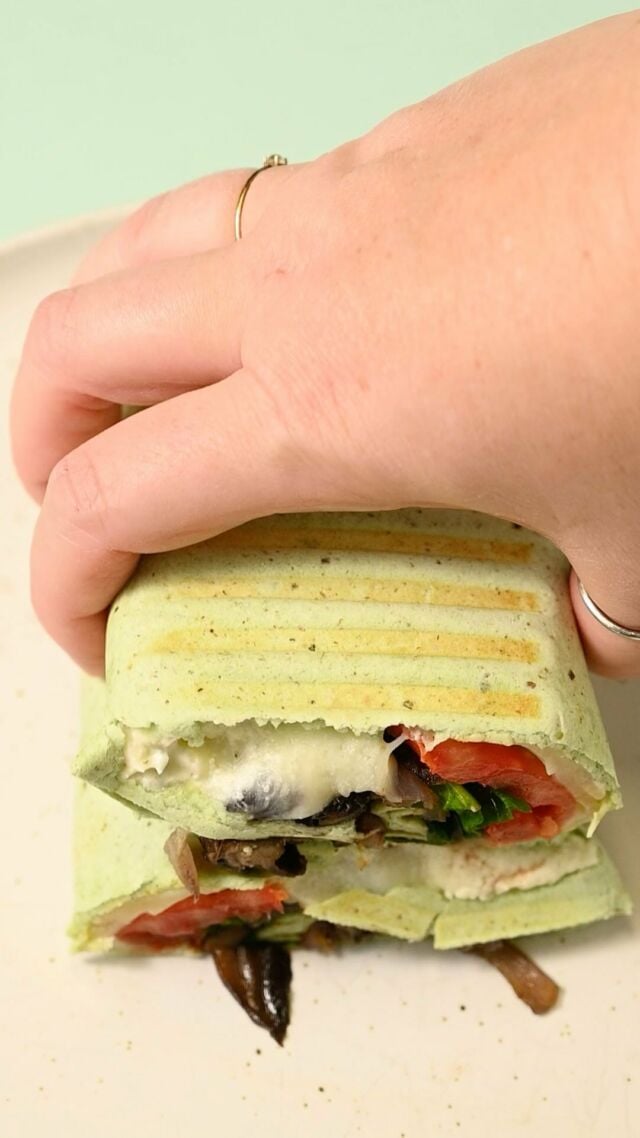As more people learn about environmentalism and its implications, a spotlight is being shone on the food industry and the consequences that our broken system has had on our environment. More and more people are starting to realize that our food choices matter.
Aside from contributing to climate change, pollutants from our current food supply chain are impacting the health of our water, soil, air, and wildlife. So exactly what kind of relationship does the food industry have with pollution? Let’s dig in.
Food Production and Runoff
Farming is a huge source of water and soil pollution in the form of runoff.
Agricultural runoff is pesticide-ridden water that trickles from farms into its surrounding areas and is eventually absorbed into the soil or makes its way into waterways.
Large-scale farmers are forced to use pesticides to boost crop growth to keep up with demand. Chemical pollutants from these pesticides often leach into nearby bodies of water, causing an overgrowth of plant life.
So why should we care?
While an abundance of plants may not sound like a negative thing, the over-abundance of plant life in water causes death in marine animals due to a lack of oxygen.
This process, called eutrophication, can also spark the growth of harmful algae that are not only detrimental to wildlife but can even be toxic to humans when it gets into our water systems.
Disruption of any kind to any individual ecosystem is a detriment to our planet’s overall health. And our ever-increasing demand for farming on a massive scale means more pesticides, more pollutants, and more disruption.
Food Production and Air Pollution
Food manufacturing is one of the largest contributors to toxic chemical release, and these manufacturing facilities are not motivated to implement pollution-preventing activities.
Food manufacturing includes any process that turns raw food into a different ready-to-eat food, that often bears little or no resemblance to the original ingredient. So, those crackers you buy in the snack section? They’ve gone through the process of food manufacturing to become that crunchy little perfectly round vessel for your square of cheese.
Meat manufacturing facilities, in particular, emit the most toxic pollutants by a longshot.
But why should we care about air pollution? Aside from its link to health concerns including asthma and lung cancer, it also has detrimental consequences for the environment. It can harm other forms of wildlife in similar ways, and can even reduce the chance of survivability in trees and plants.
What’s more, our food supply chain contributes 25% of our total greenhouse gas emissions. Read more about this in my article about the Food Industry and Climate Change.
Food Production and Noise Pollution
So it’s clear that the food industry and its manufacturing facilities disrupt our water, soil, and air by releasing pollutants. But there’s another factor that’s easy to overlook. Noise pollution.
Excess noise from facilities and manufacturing in all industries, the food industry included, disrupt ecosystems by forcing wildlife out or interrupting organisms processes that use their hearing to navigate, avoid predators, find food, and find mates to reproduce.
This happens both on land and in oceans, where large, loud ships are commonly used to transport imported food.
So we know that the food industry is a key contributor to pollutants in the air, water, and soil. But not all hope is lost. While you may feel helpless as just one person, when clearly large-scale change needs to happen on a global level, the good news is you can have an impact.
To find out how, check out my article on 9 Food Choices We Can Make to Live More Sustainably.

The Food Industry and Pollution FAQ’s
The production of food causes pollution in the way of agricultural runoff, toxic chemical release, and ecological disruption from noise pollution.








